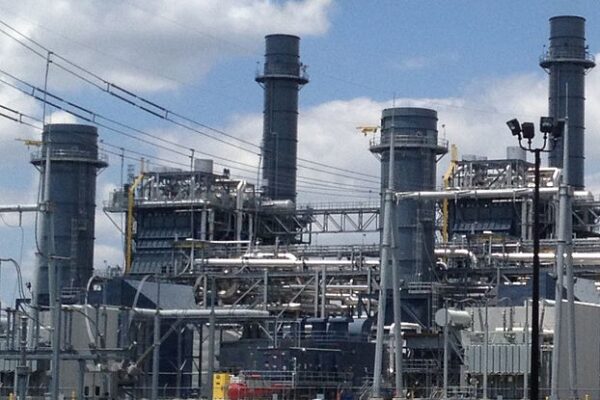By: Lisa Sorg, NC Policy Watch
Oct. 29, 2019
An administrative law judge has again ruled against Duke Energy, determining that state environmental regulators acted appropriately in several aspects of requiring the utility to fully excavate its unlined coal ash basins.
Judge Selina Malherbe ruled on two motions yesterday:
- DEQ provided adequate notice to Duke Energy prior to issuing the April 1, 2019 closure election decision;
- DEQ properly limited Duke Energy to filing a single closure plan for each coal ash impoundment.
“The judge’s ruling confirms that DEQ acted openly and transparently as we made an informed decision on the closure of the coal ash impoundments,” said DEQ Secretary Michael Regan in a prepared statement. “DEQ stands by its determination to excavate coal ash impoundments across the state. We will continue to defend that decision as this case moves forward.”
Duke Energy issued a statement calling the ruling “disappointing.”
“We will continue working to protect people and the environment, within the rules as set forth under state law as we consider our next steps,” the statement read.
The order is limited to these two issues; Duke could appeal the ruling to the state Superior Court.
In April, DEQ determined that to best protect public health and the environment, Duke Energy must excavate 100 million tons of ash from its final nine impoundments at six plants: Marshall, Belews Creek, Allen, Cliffside/Rogers Mayo and Roxboro.
DEQ allowed the utility to ship the ash offsite to a lined landfill, send it to a facility for beneficial reuse, or build a lined landfill onsite.
Private lawsuits against Duke have already prompted the utility to fully excavate the ash from eight other plants in North Carolina. Basin excavation is complete at Dan River in Eden, the Sutton Plant in Wilmington, and Riverbend Steam Station in Gaston County.
DEQ has dismissed the utility’s concerns that the method would be too expensive, disruptive and environmentally risky. Duke has estimated full excavation would nearly double the cost of the $4 billion to $5 billion cleanup for the Carolinas — a figure disputed by environmental advocacy groups.
Duke Energy appealed DEQ’s decision to the Office of Administrative Hearings. So far, the judge has ruled in favor of the state.
In August, Judge Malherbe affirmed that DEQ had proper legal authority to elect the closure option for each coal ash impoundment. Malherbe dismissed several other Duke Energy claims:
- That DEQ erred in its timing of selecting a closure plan before Duke Energy submitted its own, which the utility alleged shortcut the process established in state law;
- That DEQ was wrong to use a comparative standard rather than the yes-or-no standard review of closure plans;
- That DEQ also erred in determining that Duke must close all of its impoundments by Dec. 31, 2029.
Duke has appealed Malherbe’s August ruling to state Superior Court, and is considering doing the same for yesterday’s decision.
The utility has stated that its scientists have determined cap-in-place is safe for long-term storage. However, public monitoring records have shown that the unlined pits leak.
And even lined pits aren’t foolproof: According to correspondence dated March 12, 2019, Duke notified DEQ that a “potential action leakage rate exceedance” was identified for Cell 6 at the Sutton plant.
The Blue Ridge Environmental Defense League provided the document to Policy Watch.
In a letter, Geosyntec, a consulting firm hired by Duke, noted that the utility “is in the process of addressing” the exceedance. Over 10 days in February 2019, Duke Energy contractors removed coal ash and protective cover soil in a 12,000-square-foot area.
Beneath the material, workers found two “primary geomembrane perforations” — tears in the liner. The tears were then repaired with five patches, according to the document, and again covered with soil.
A DEQ spokeswoman said no coal ash was released from the breach because of the second liner. The agency did not cite Duke for the primary liner failure.





